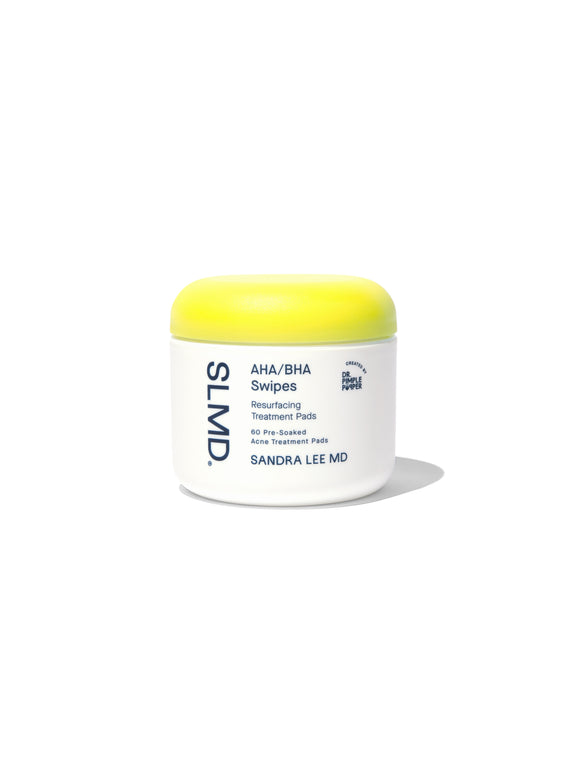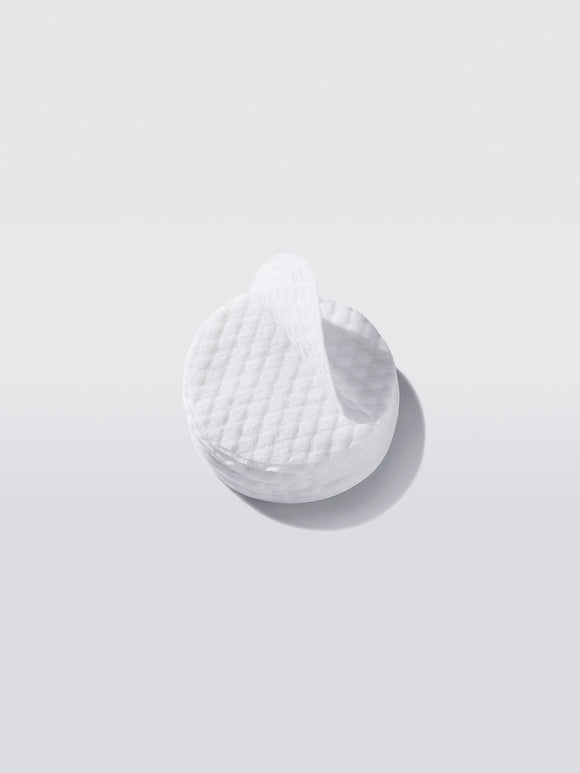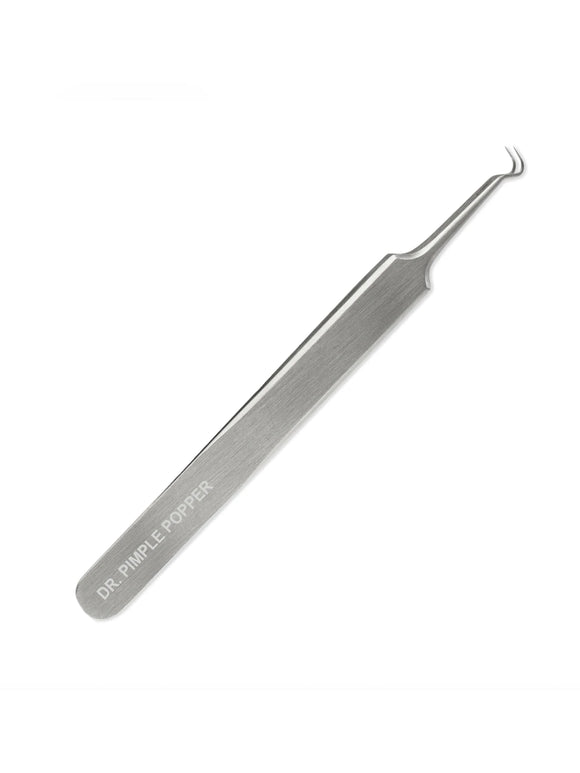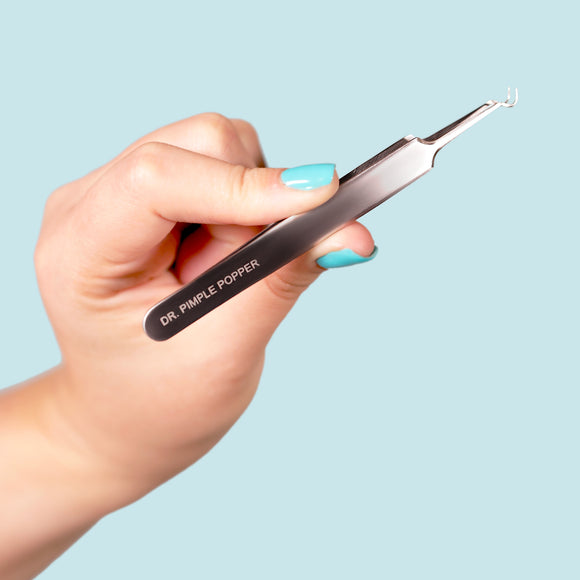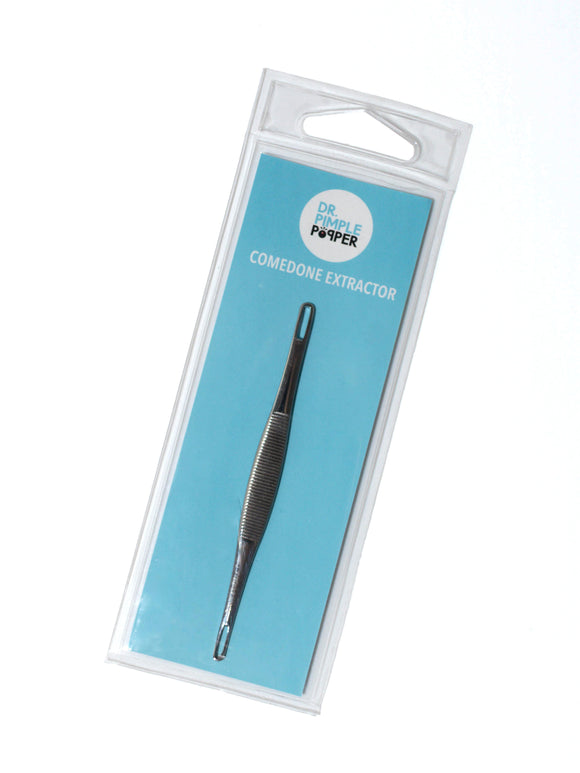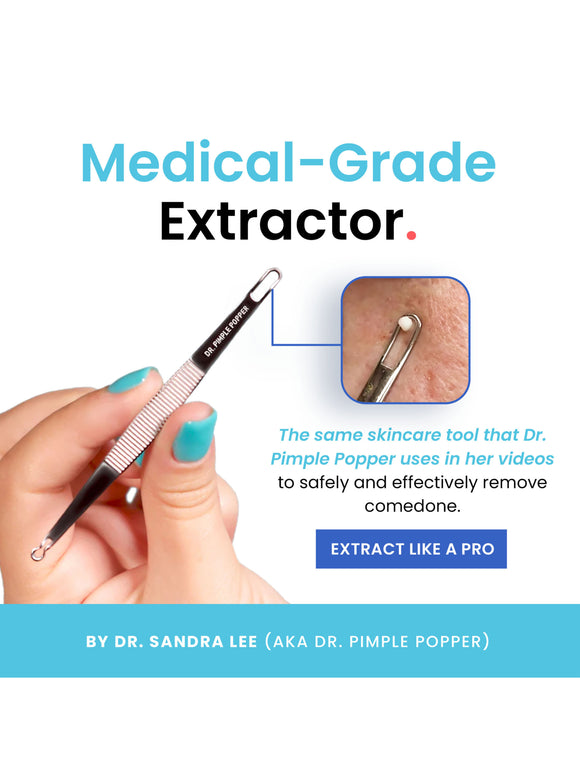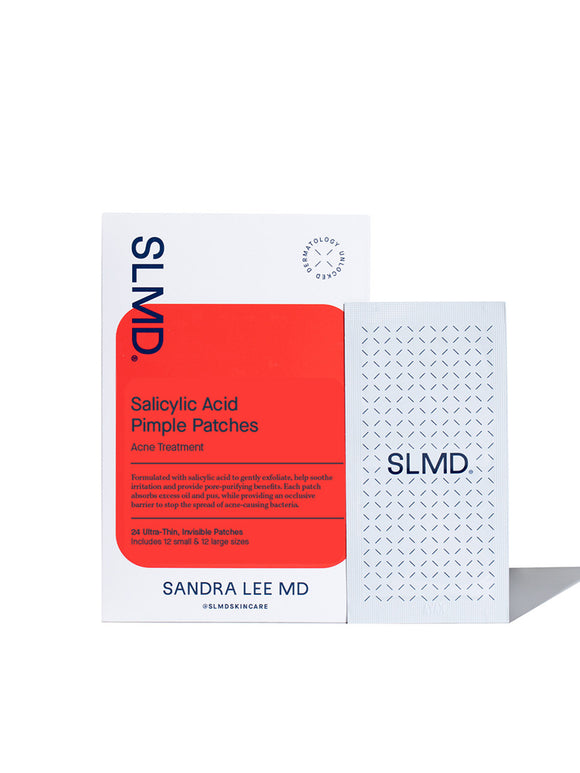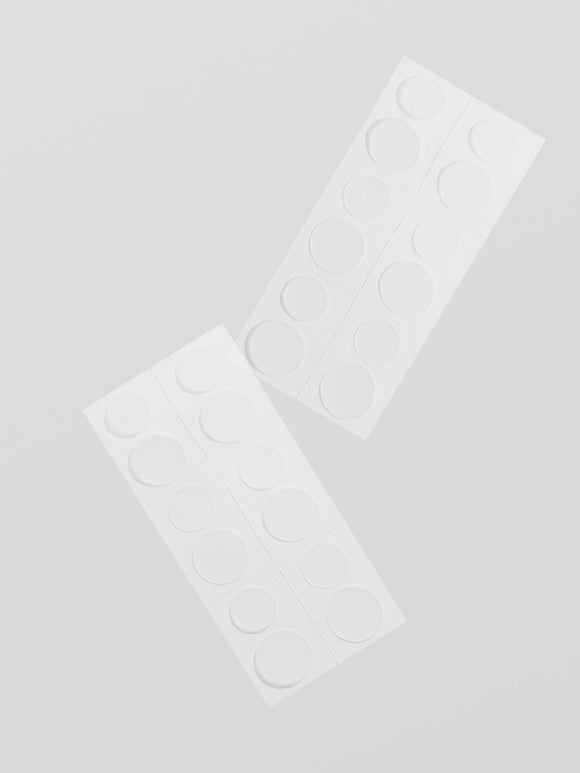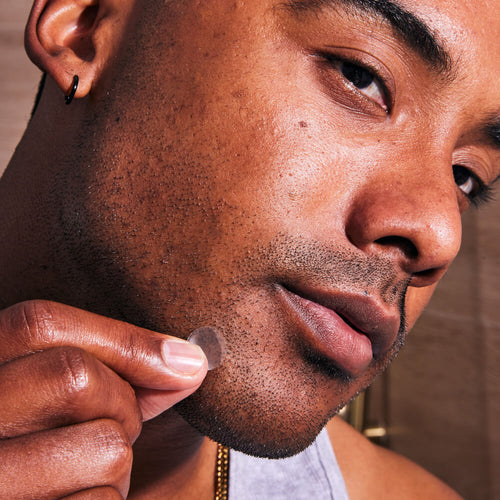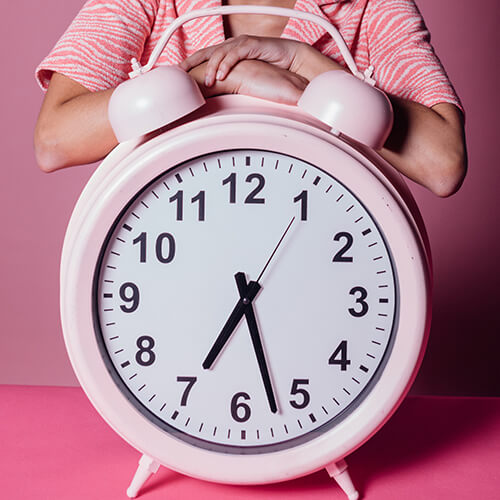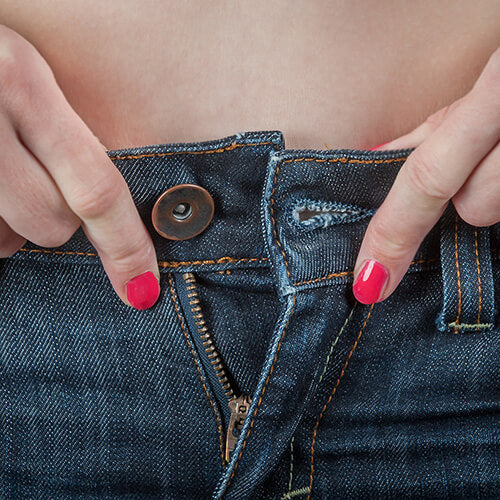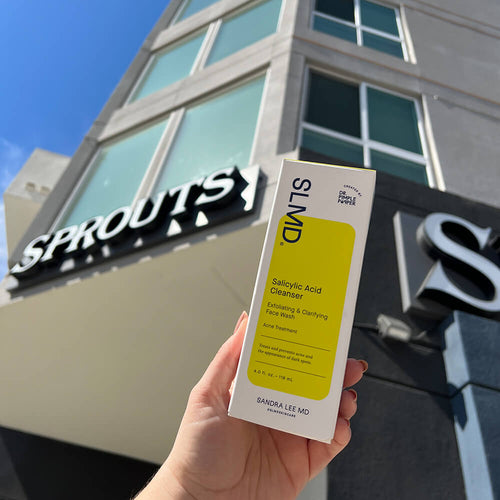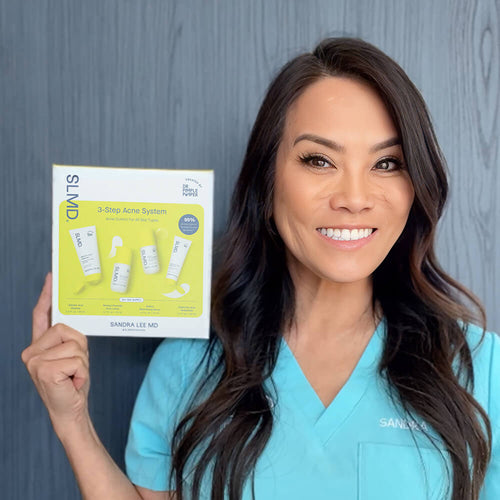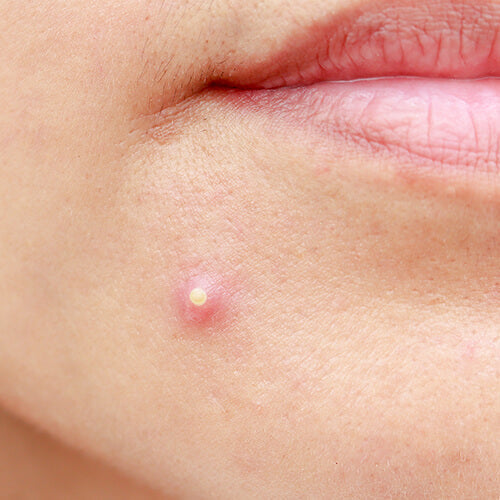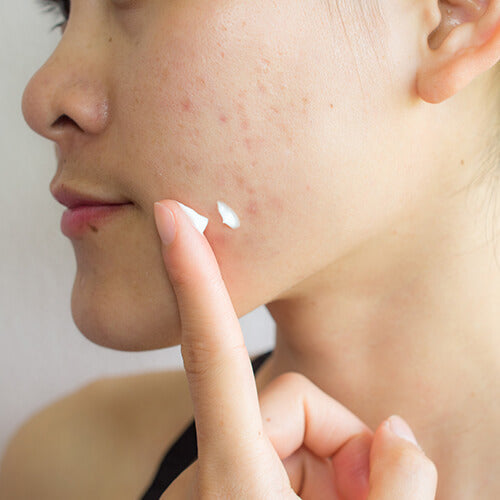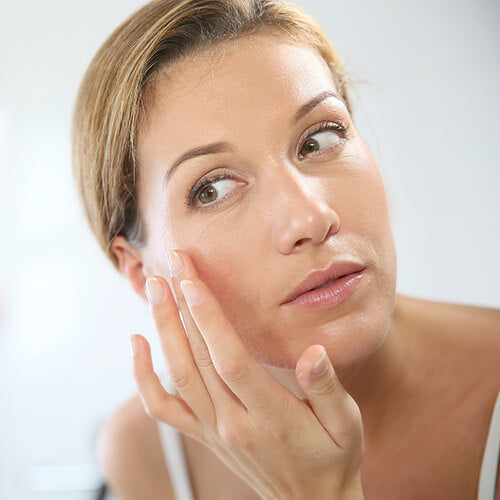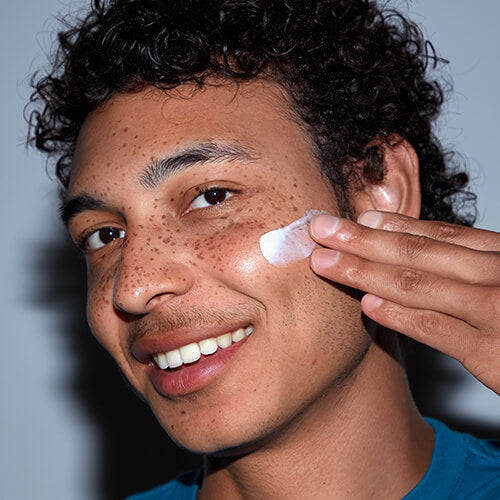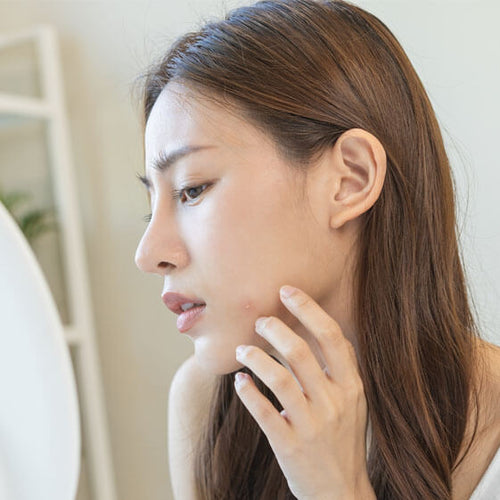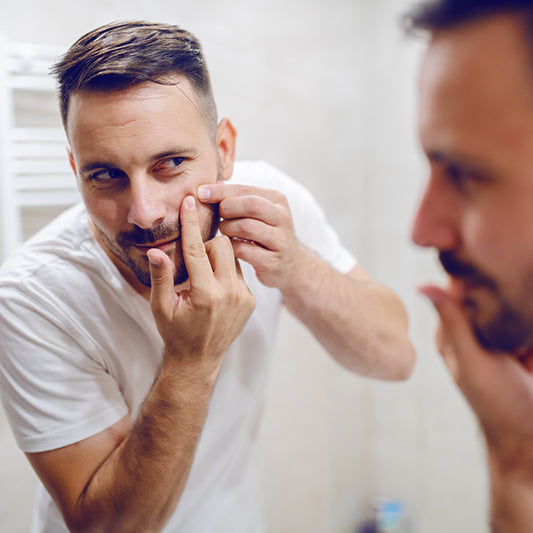
Is It Bad to Pop Pimples? Dr. Pimple Popper Weighs In
She may be called Dr. Pimple Popper, but board-certified dermatologist Sandra Lee, MD has some advice for all you Popaholics: Please, don't try this at home.
Published:
3 minute read
Anyone who's ever had a big, juicy pimple knows how tempting it can be to give it a squeeze. But you might be surprised to learn that America's acne expert, Dr. Pimple Popper (irl, dermatologist Sandra Lee, MD) — known the world over for her famous pops — doesn’t want you to pick, pop, or squeeze your pimples. Here are 5 reasons why — and what you should do instead to treat your pimples.
#1 Picking pimples causes skin damage
News flash: skin cells are delicate — and skin with acne is especially so. A pimple is like a tiny bubble filled with dead skin, oil, bacteria and pus. When you break that bubble, you're traumatizing the surrounding tissue and expelling the trapped contents. You're essentially creating a wound that replaces the pimple. This prolongs healing and can even make acne worse.
Instead, says Dr. Lee, stop pimples before they start: by gently exfoliating clogged pores before they can turn into full-blown inflammatory breakouts.
Dr. Pimple Popper's "Hands Off" Options
#2 Popping pimples interrupts the healing process
Acne forms when pores clog up with dirt, oil, and sometimes, bacteria. Your body’s defenses naturally kick in to remedy the situation — which results in what's called inflammatory acne (aka pimples). But that natural healing process gets sidetracked when you squeeze. You’re now up against two enemies: a clogged pore and damaged tissue.
When you get a powerful urge to pop a pimple, remember that acne is a normal skin condition — and be kind to your skin. If you leave pimples alone, they typically heal faster than if you pick. You can speed up the healing process with potent salicylic acid, says Dr. Lee.
Try: SLMD SA Acne Spot Treatment
#3 Squeezing pimples can make them bigger
Popping a pimple can introduce more contaminants from your fingers and face — or push trapped oil and bacteria deeper down into your pores, provoking an even bigger blemish. This is especially true when you pick at pimples that aren't close enough to the surface (like deep, cystic acne or even inflammatory papules).
To combat the acne-causing bacteria inside inflammatory pimples, try maximum-strength benzoyl peroxide. This potent ingredient is known to not only kill C. acnes, but also reduce excess oil and inflammation.
Try: SLMD BP Acne Spot Treatment
#4 Popping pimples could cause them to multiply
All that (oh-so-satisfying) gunk exploding out of an acne pustule or papule can actually spread C. acnes bacteria, exacerbating your breakout. And if you damage the inside wall of the pore beneath the skin's surface, leaking bacteria might lead to "baby" cysts around the area.
To keep fingers off your face while fighting pimples, Dr. Lee recommends using medicated acne patches, which really can help shrink pimples.
Try: SLMD Salicylic Acid Pimple Patches, which are thin enough to wear under makeup, too.
#5 Picking pimples can create scars
Anytime you pick at your pimples (particularly deeper, cystic acne), you run the risk of creating permanent scarring. That's because our skin's repair process — while amazing — isn't perfect. The deeper the pimple, and the more aggressively you pick, the more likely you are to cause real damage.
Even if you leave your acne alone, you’re likely to have some post-inflammatory hyperpigmentation (PIH), or post-inflammatory erythema (PIE) as skin heals. Both PIH and PIE generally disappear over time, but you can speed the process with ingredients like retinol, alpha hydroxy acids, and antioxidants (including vitamin C), notes Dr. Lee.
What if I can't stop picking my pimples?
Even when you know it's not good for your skin, never popping another pimple is probably not a realistic ask. But if you're going to do it, says Dr. Lee, do it properly: clean your skin, your tools, and your hands — and never force it.
If you find yourself unable to stop popping, squeezing, and picking at your pimples, chances are, treating your acne will help alleviate the issue. Dr. Lee recommends her original SLMD Acne System, which contains everything you need to treat all the stages of acne. If you suspect you might have a more serious problem like skin picking disorder, talk to your doctor.

Dr. Lee's Last Word
As a dermatologist, I’m always going to tell patients not to pick or pop their pimples. It’s a lot to ask, I know — but having spot treatments with salicylic acid or benzoyl peroxide on hand will not only promote healing, they'll also keep you from touching and irritating your acne. So next time you’re tempted to pick a pimple, treat it with a targeted product or patch — and step away from that magnifying mirror!





